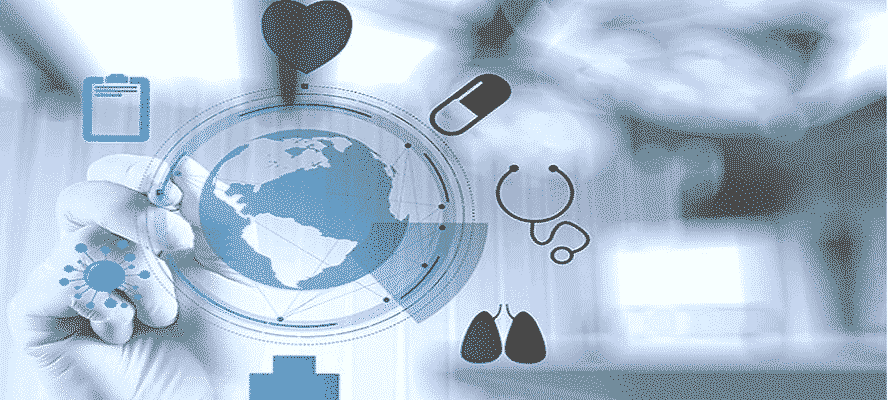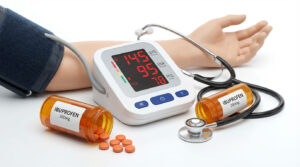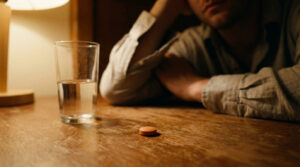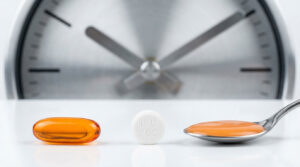Although, we associate a lot of masculine identity with penis, we forget a very important organ without which the ‘masculine identity’ would not be of much functional use in expanding one’s progeny… The ‘testes’! It is these egg shaped reproductive organs, that are positioned below the penis, hanging in a sac called ‘scrotum’ that carry out probably the most important function of producing sperms through spermatogenesis and produce an androgenic hormone called testosterone, that is vital for reproduction and identity of males, respectively. Its functions are not just limited to physical attributes and can affect the so-called manhood psychologically too. Seldom do we pay attention to this organ and is usually taken for granted until some health conditions force us to pay attention to them.








